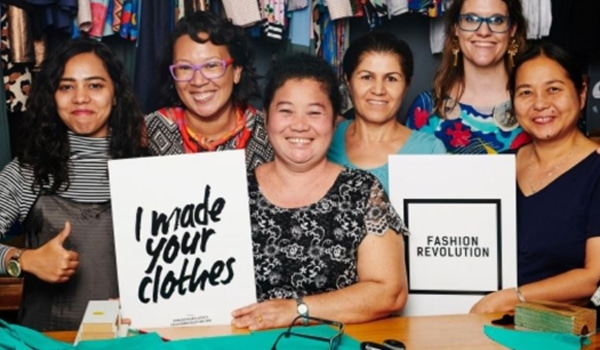
Vulnerable pregnant women could lose access to abortion throughout Australia because of increased financial hardship caused by the coronavirus pandemic, reproductive health providers have warned.A combination of widespread job losses, differing abortion laws around the country, and patchy access to Medicare, could mean more women need financial assistance to terminate unwanted pregnancies or will face carrying their pregnancies to term.Some providers even fear a return to people attempting unsafe abortions if women cannot afford legal terminations.
Migrants could be worst affected, says the executive director of the Multicultural Centre for Women’s Health in Melbourne, Adele Murdolo.“So many migrant women are facing financial hardship,” she told SBS News. “They’re much more likely to be in casual positions, so many women have lost their jobs. They are also not eligible for any of the support that has been provided by the federal government.” Temporary visa holders in Australia are excluded from the government’s COVID-19 JobKeeper and Job Seeker payments. Many are also unable to get home due to border closures and the suspension of international flights.
Both Children by Choice in Queensland, who provide some funding for those in financial difficulty and advise on unplanned pregnancy options, and 1800 My Options, a similar service in Victoria, have reported an increase in calls from migrants worried about their ability to pay for abortions.A medical abortion costs AUS $6 with a healthcare card, up to $50 with a standard Medicare card, and $350 at full price. It is available for women who are up to nine weeks’ pregnant. The cost is higher for surgical abortions, with prices increasing into the thousands for terminations at later gestations.Many women living and working in Australia miss out on benefits and subsidised health care, and have to pay private providers a lot of money.
SOURCE: SBS News, by Megan Clement, 26 April 2020 ; PHOTO, UNSW, 1 November 2018
+++
Improving access to early medical abortion during and after Covid-19
To mark 28 May, a newly formed coalition brought together by the SPHERE Centre of Research Excellence in Women’s Sexual and Reproductive Health in Primary Care at Monash University is advocating rapid policy and practice-based changes to improve accessibility of early medical abortion in Australia during Covid-19 and beyond.
Early medical abortion (EMA) and contraception have been declared essential services during the pandemic but are not always easy to access. EMA must be undertaken before nine weeks’ gestation in Australia. Ultrasound is required, yet travel is restricted (especially for women living in remote areas) and cost barriers include job loss due to Covid-19. The coalition are calling for allowing EMA with pills up to 70 days instead of 63, removing the required Rh-test and required ultrasound, in order to minimise exposure to possible infection. Yet it seems they are not recommending telemedicine, which was made famous in Australia.
SOURCE: Mirage News, 28 May 2020



